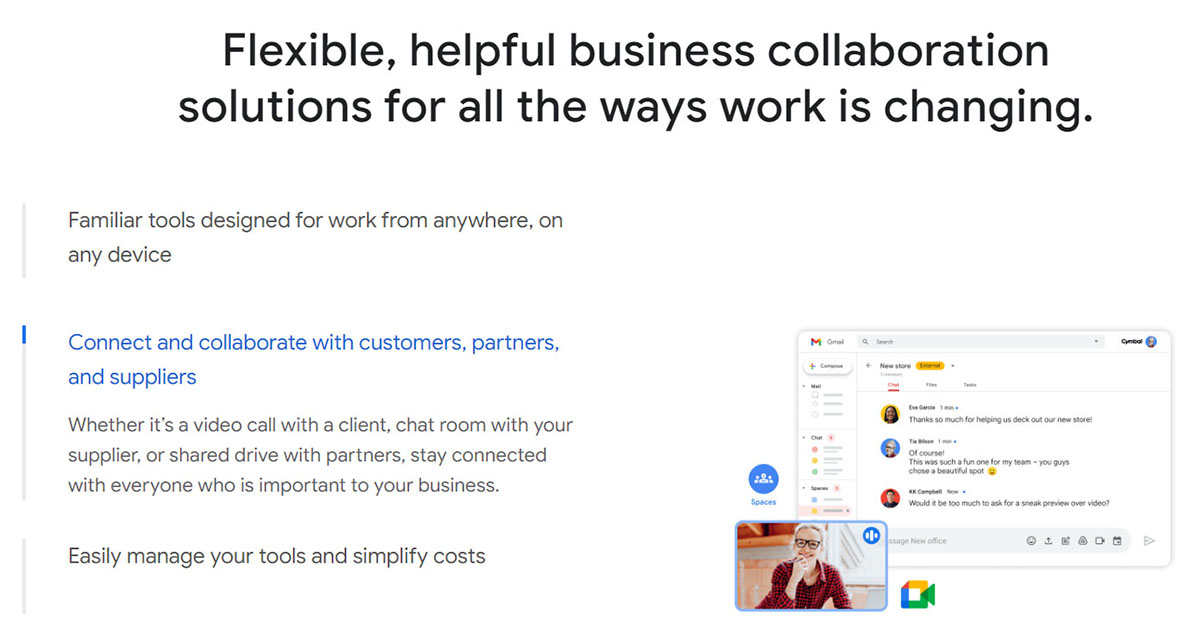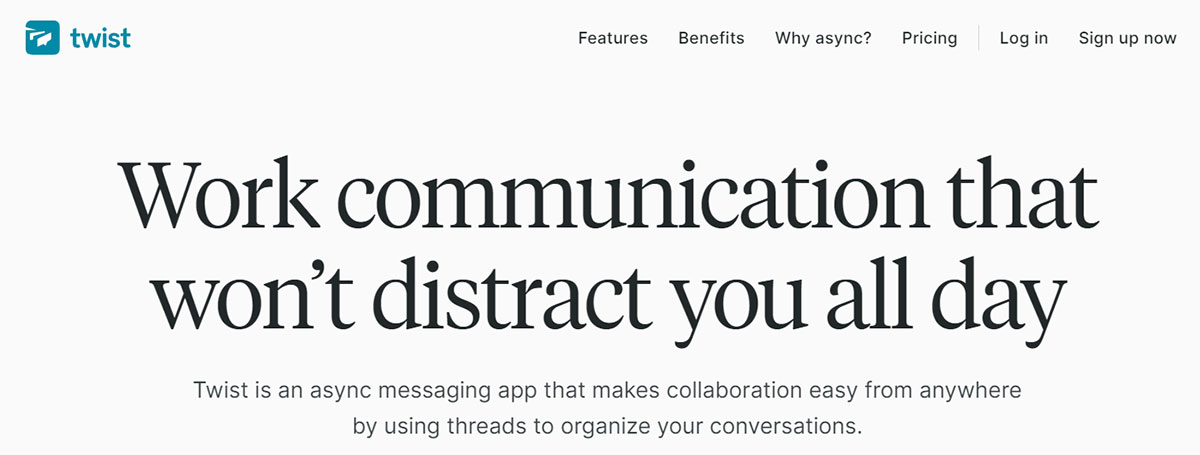Top 8 Business Communication Email Alternatives
Originally published: August 01, 2023 09:36:30 AM, updated: August 01, 2023 09:41:57 AM

Email has long been the go-to tool for business communication, but it may not always be the most efficient or effective option in today's fast-paced world. As technology evolves, new alternatives to email have emerged, offering improved collaboration, real-time communication, and streamlined workflows.
In this blog, we will explore eight of the best email alternatives for business communication, each with its unique features and advantages.
Why Look for Email Alternatives?
While email has been a staple of business communication for decades, there are several reasons why individuals and organizations may look for alternatives:
- Overwhelming Inbox: As businesses grow, the volume of emails received can become overwhelming, making it difficult to keep track of important messages. This can lead to missed deadlines, overlooked opportunities, and increased employee stress.
- Real-time Collaboration: Email is not conducive to real-time collaboration. Waiting for email responses can slow progress when teams need to work together on a project. Alternatives that offer instant messaging or chat features enable quicker decision-making and problem-solving.
- Clutter and Spam: Email inboxes are often flooded with spam and promotional messages, making it challenging to find essential communication amidst the clutter. This can also increase the risk of important emails being accidentally overlooked or deleted.
- Lack of Context: Email threads can become convoluted and hard to follow, especially when multiple people are involved in the conversation. This lack of context can lead to misunderstandings and miscommunications.
- File Sharing Limitations: Email attachments may have size limitations, making it difficult to share large files or collaborate on documents in real time. Alternatives integrating with cloud storage or providing file-sharing features can overcome these limitations.
- Limited Integration: Traditional email clients may not seamlessly integrate with other business tools, requiring users to switch between platforms. This can be time-consuming and disrupt workflow.
- Remote Collaboration: With the rise of remote work, email may not be the most efficient way to communicate with team members in different time zones or locations. Alternatives that offer real-time communication and collaboration are better suited for remote teams.
- Youthful Workforce: Younger generations entering the workforce are accustomed to more instant and interactive communication methods. They may prefer alternatives that align with their communication preferences.
- Inefficiency in Information Retrieval: Searching for specific information in long email threads can be challenging and time-consuming. Alternatives that offer better search functionality can improve information retrieval.
- Security Concerns: While email providers implement security measures, email remains susceptible to phishing attacks and other cyber threats. Some businesses may seek more secure alternatives for sensitive communications.
8 Best Email Alternatives for Business Communication
1. Yorodesk:

Yorodesk is a comprehensive customer support software designed to optimize business customer service operations. With its ticket management system, support agents can efficiently handle and prioritize customer inquiries, ensuring timely responses and resolutions. The platform's multi-channel support feature enables businesses to engage with customers through email, live chat, and social media, meeting customers on their preferred communication platforms. Integration with Yorodesk Knowledge Base empowers customers to access self-help resources, reducing the dependency on support agents for common queries.
2. Slack:

Slack is a popular team collaboration tool that offers real-time messaging, file sharing, and integration with various productivity apps. With its intuitive interface and organized channels, Slack enables efficient communication and fosters organizational teamwork.
3. Microsoft Teams:

Part of the Microsoft 365 suite, Microsoft Teams provides a comprehensive platform for chat, video conferencing, and document collaboration. Its seamless integration with Office apps makes it a powerful choice for businesses already using Microsoft tools.
4. Google Workspace (formerly G Suite):

Google Workspace offers a suite of cloud-based communication and collaboration tools, including Gmail, Google Chat, and Google Meet. It promotes real-time collaboration, document sharing, and smooth integration with other Google services.
5. Microsoft Yammer:

Yammer is a social networking platform designed for internal business communication. It encourages employees to share knowledge, collaborate across departments, and build a sense of community.
6. Mattermost:

Mattermost is an open-source, self-hosted messaging platform that gives organizations full control over their communication infrastructure. With end-to-end encryption and extensive customization options, it is suitable for businesses seeking data security and privacy.
7. Flock:

Flock is a user-friendly alternative to email, offering instant messaging, video conferencing, and file-sharing capabilities. It includes collaborative tools like shared to-do lists and code snippets, enhancing team productivity.
8. Twist:

Twist is designed to streamline team communication by organizing discussions into topic-based threads. Twist reduces distractions and allows for more thoughtful interactions by eliminating the pressure for real-time responses.
Choosing the suitable email alternative depends on your organization's specific needs and preferences. Consider factors like team size, collaboration tools, integration with existing tools, and data security when making your decision. Implementing an effective communication platform can significantly improve productivity and team collaboration and streamline business processes for your organization.
Conclusion
The key to simplifying communication management is to assess your specific needs and choose tools that align with your workflows and preferences. Integrating these alternatives can help reduce email overload, improve team collaboration, and boost overall productivity. It is essential to ensure that your chosen tools are adopted consistently across the team or organization to realize their benefits entirely.
Join over 130,000 SEO and Google Ads experts. We provide a community to help you engage and learn from industry experts and influencers. Join Now
What if your entire business could run itself — and your work hours got shorter?